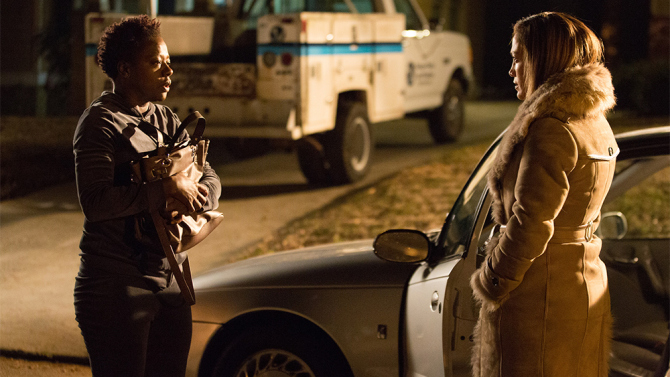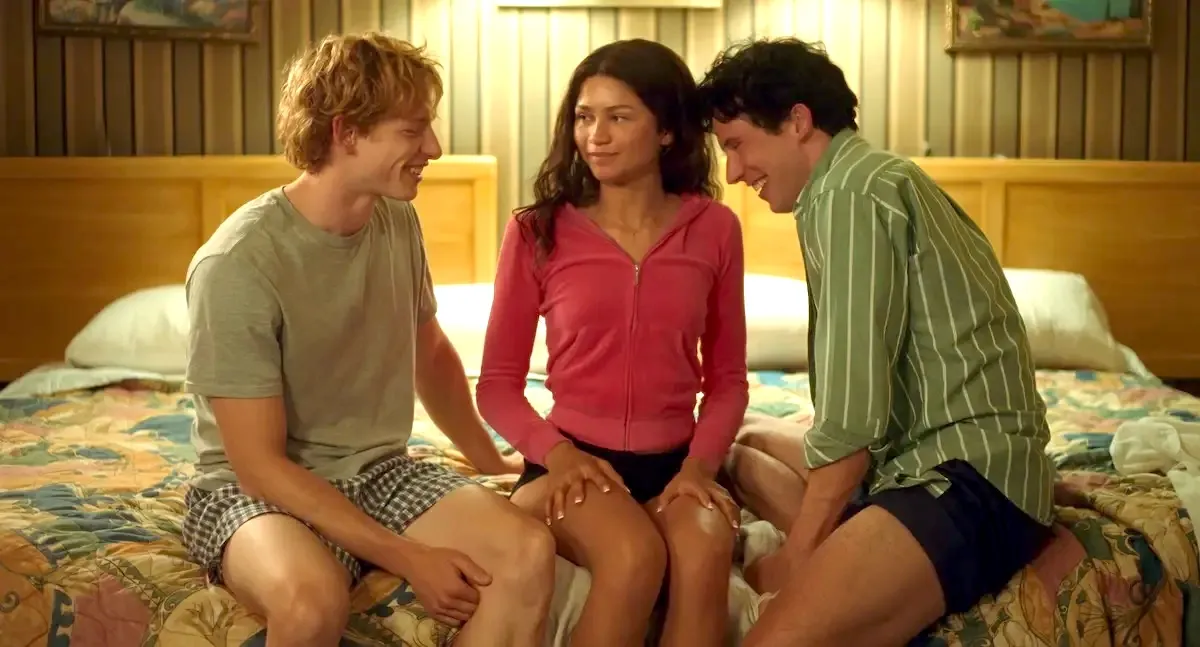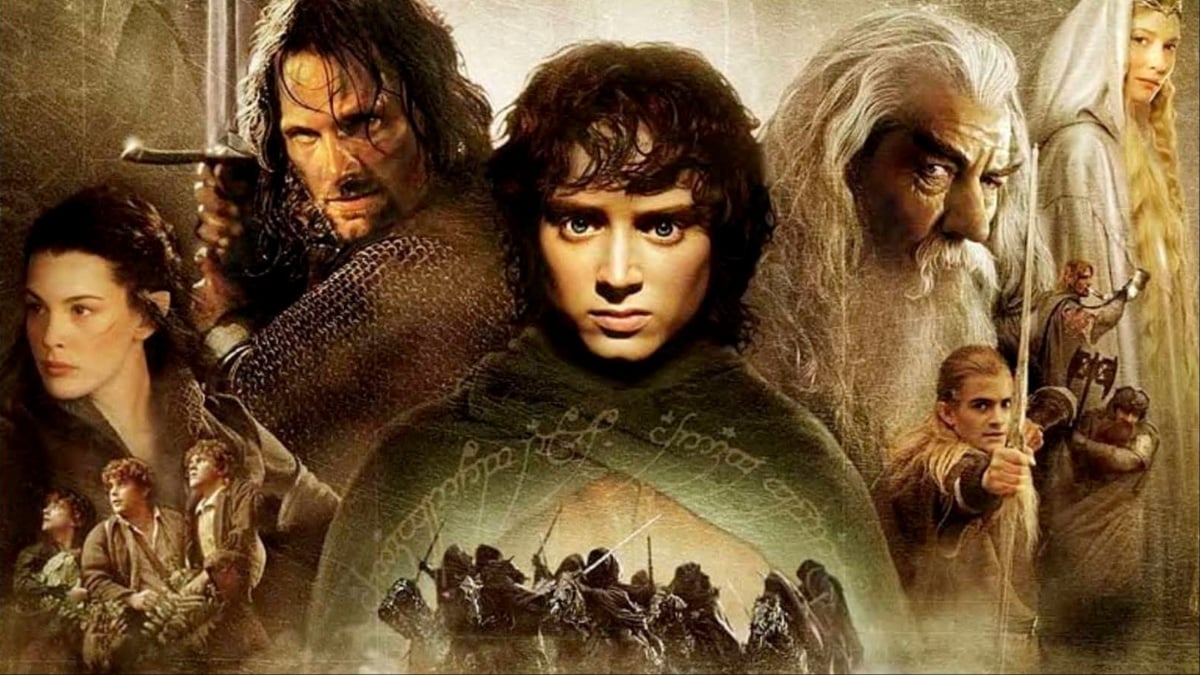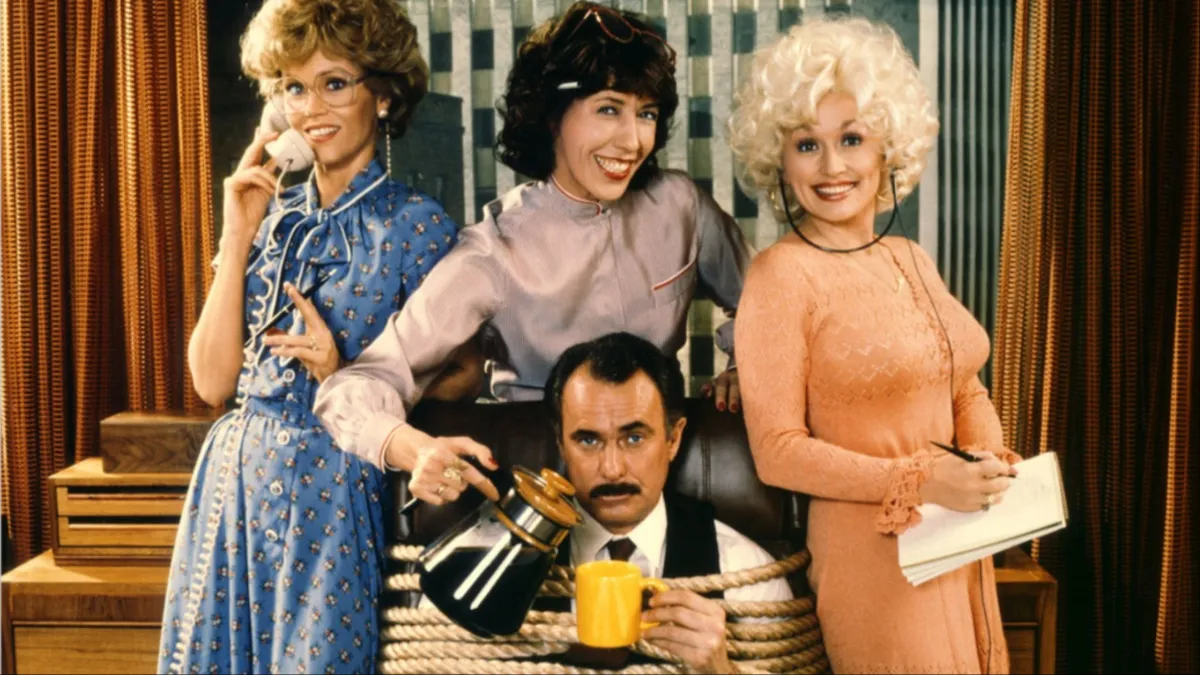Everyone knows Viola Davis is a genius actress and should be given the chance to anchor a major film. After all, she has two Oscar nominations and just earned a best actress Emmy nomination. A movie starring Viola Davis shouldn’t be released quietly, with barely any publicity—especially one which unapologetically deals with the all-too-timely themes of maternal grief caused by random shootings and police indifference. The subject matter is of vital importance, and making a movie with major stars should have been a slam-dunk. But instead, the movie is barely getting a release, and unfortunately, it’s a movie that left me (and judging from the 30-something rating on Rotten Tomatoes, others) with a disappointing sense of missed opportunities and the question of what could have been.
Lila & Eve focuses on Viola Davis’s Lila, the grieving mother of a drive by shooting victim. Lila is in such a state of mourning that she turns to a grieving mothers group, despite a certain distrust in this kind of group therapy. She is clearly uncomfortable hearing other women’s stories, especially because her grief has evolved into a growing rage over apathy from the police investigating the shooting (Agents of SHIELD’s Shea Whigham and The Wire’s Andre Royo). Lila finds the only mother she can get along and connect with on a deeper level is Jennifer Lopez’s Eve, whose daughter was killed under similar circumstances and still harbors rage over the unsolved death. If she can’t avenge her daughter’s death, she can at least help Lila, and perhaps more importantly, help her take revenge.
The movie sways back and forth from a story of grief and recovery to a revenge genre thriller. And while Davis is a powerhouse in the more realistic story of grief, she seems uncomfortable with the over the top genre elements. Likewise, Lopez (who started out as a pretty great actress) too often leans towards these trashy thrillers (Boy Next Door, Enough), so while she can ham it up like an old pro, she feels completely out of place in the everyday world. And while that might be the point, the movie is structured so that’s a huge problem if you want the audience to invest emotionally in their toxic friendship.
Now, this is one movie that I feel needs a spoiler warning, because you can’t review the film without mentioning what they do here. So if considering seeing this movie based on the description, stop reading. If still considering, proceed with caution.
[SPOILERS FOLLOW!]
About 15 minutes into this movie, I thought to myself, “This movie feels a lot like that terrible Mr. Brooks. Maybe Jennifer Lopez isn’t even real?” And then I thought to myself, “No, that would be idiotic to throw that element into such a serious, socially conscious movie.” And after watching for another 15 minutes or so, I thought, “But if she is playing a real person, she’s doing a terrible job.” I went back and forth the entire movie with this internal debate, trying to figure out why Lopez couldn’t anchor the character whatsoever. Well, I’m glad to say Lopez definitely made a choice not to anchor the character based on the narrative, and Eve is a figment of Lila’s imagination. And as I said, that is idiotic.
It’s idiotic for two reasons: First, as happens with a lot of movies, the idea of “her mind is fractured in two, so there are two people” is such lazy storytelling that it’s become a crutch for more than a few filmmakers who don’t understand how to actually tell these types of internal stories of emotional trauma. But with first-time writer Pat Gilfillan and director Charles Stone III (who usually directs lighter fare such as Drumline and Mr. 3000), they should have given up the ghost right away and just let Lopez play the figmen, without the “is she or isn’t she twist,” which is so distracting and ultimately so obvious. Instead of trying to trick your audience and distracting from the bigger (and more important) themes they clearly want to deal with, use the fantasy to your advantage as a way to tell the story. Tell Lila’s revenge fantasies like the ’80s movies this film is inspired by, and use cinematic tradition to your advantage. And show how the two worlds start to get entangled.
It’s disappointing, because this movie could have been very, very good if they didn’t try to pull off a twist ending. Stone’s Drumline is actually a remarkable piece of direction, but this film doesn’t utilize his strengths, because its themes require the look to be aggressively dark and gritty. Davis is an actress who is so good she can elevate poorly written characters to be something at least watchable, and she has an authentic relationship with almost everyone else in this movie besides Lopez, especially the boys playing her sons.
She even has two or three really strong scenes with super-smarmy Whigham, who—despite the sleaze that seems to naturally come with his “authority roles”—knows how to play the character so he seems oblivious and exhausted by investigating these kind of crimes rather than aware of how and why he’s offended Lila during this case. Even the underwritten women in her support group at least have some emotional weight that Davis can play off, even if the ending really is a frustrating example of taking the easy way out of a situation because the writers doesn’t know how to end the movie.
And it seems that despite all the good intentions of this kind of movie—and awareness that there need to be more movies that a) are genre films focused on women, and b) use film to address the problem with gun violence and police apathy in minority communities—this one ultimately never follows through with either. There is a sense of good intentions wasted because of the way the film simplifies issues (mentioning these concepts simply isn’t enough) by throwing in formulaic elements. The genre moments end up being used not to comment but as short-cuts to move the story along, and the social issues are used simply to elevate a relatively trashy movie into something important. And just because the issues the movie addresses are undeniably important, that doesn’t make this movie important.
Lesley Coffin is a New York transplant from the midwest. She is the New York-based writer/podcast editor for Filmoria and film contributor at The Interrobang. When not doing that, she’s writing books on classic Hollywood, including Lew Ayres: Hollywood’s Conscientious Objector and her new book Hitchcock’s Stars: Alfred Hitchcock and the Hollywood Studio System.
—Please make note of The Mary Sue’s general comment policy.—
Do you follow The Mary Sue on Twitter, Facebook, Tumblr, Pinterest, & Google +?








